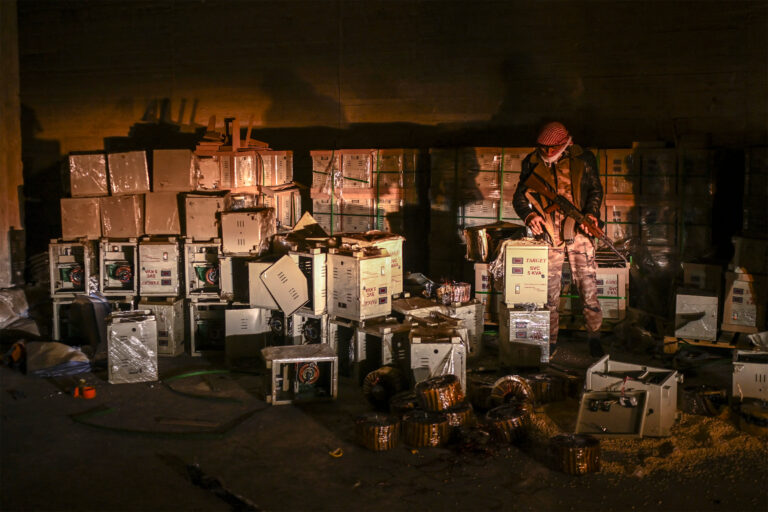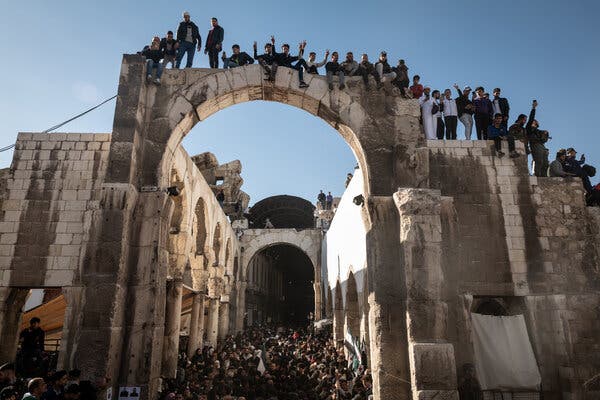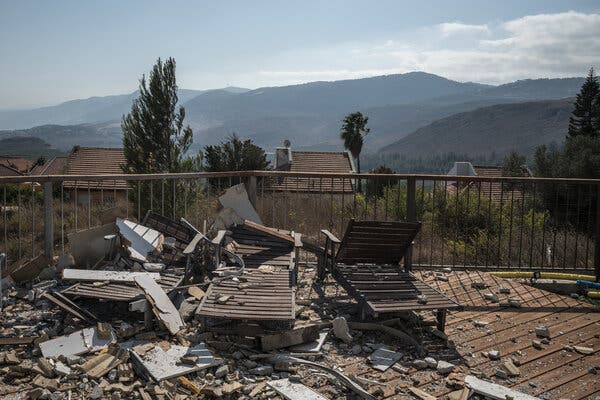The death of a Hezbollah leader wanted for his role in the 1983 attacks drew a range of reactions from survivors and victims’ families but brought little resolution.

Two deadly bombings in Beirut, Lebanon, that killed scores of U.S. military personnel more than 40 years ago have cast a long shadow over survivors and victims’ families.
A day after the killing of a senior Hezbollah member seen as a key figure in those attacks, many of those Americans welcomed the news but said it stirred painful memories without resolving the past.
“It doesn’t bring closure,” said Michael Harris, 59, a Marine veteran who was “blown out” of his barracks in one of the attacks and lives today in Rhode Island. “It wasn’t just one person responsible.”
The senior Hezbollah commander Ibrahim Aqeel was killed on Friday after Israeli fighter jets bombed a heavily residential area of Beirut’s southern suburbs. Mr. Aqeel has been long been wanted by the United States for his role in two 1983 bombings in Beirut that killed over 350 people, most of them U.S. service members. The United States had placed a multimillion-dollar bounty on his head, but he had survived multiple assassination attempts.
The first attack, a bombing of the U.S. Embassy in Beirut in April 1983, killed 63 people, including 17 Americans. Six months later, a suicide bomber drove a truck packed with explosives into the U.S. Marine Corps barracks in Beirut, killing more than 300 people, including 241 American service members.
For many survivors and victims’ loved ones, those bombings never go away.
Every time Mr. Harris picks up the paper or watches the news about another bombing, he said, “it opens up wounds.”



